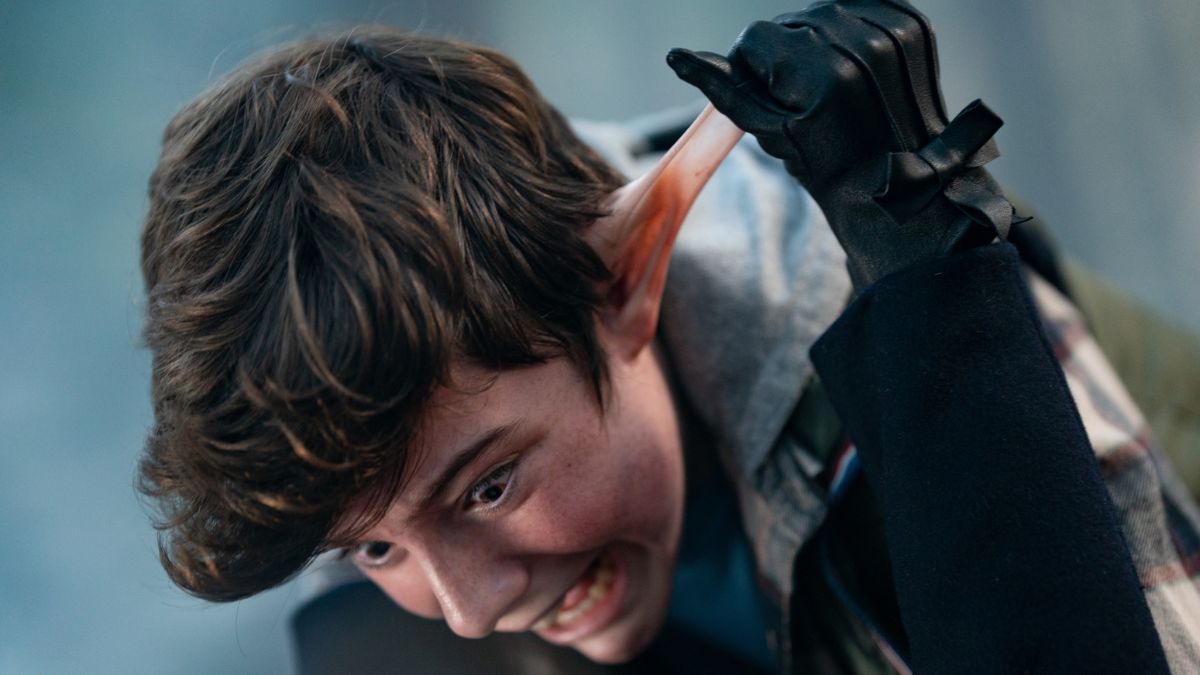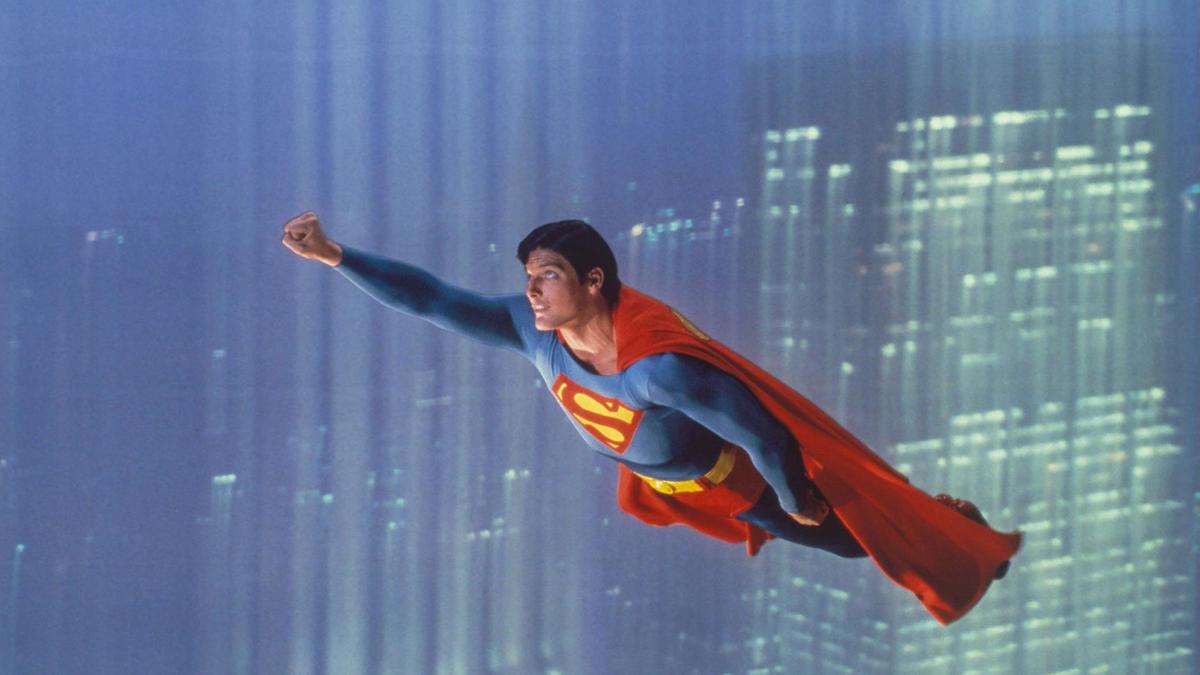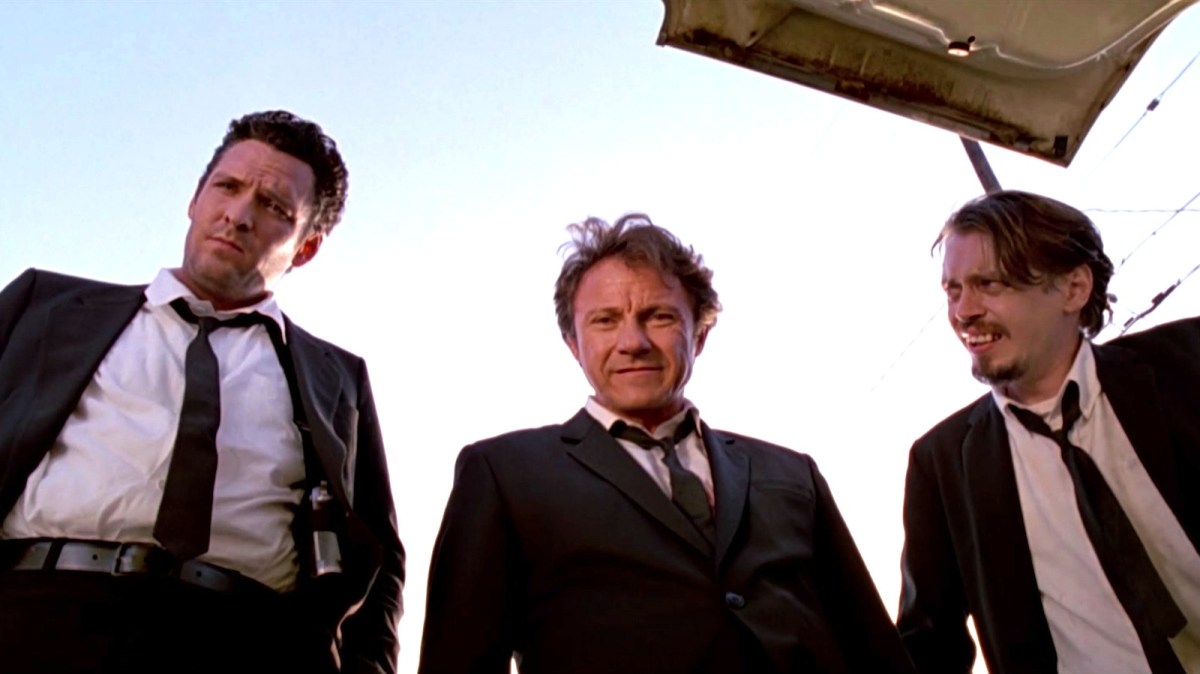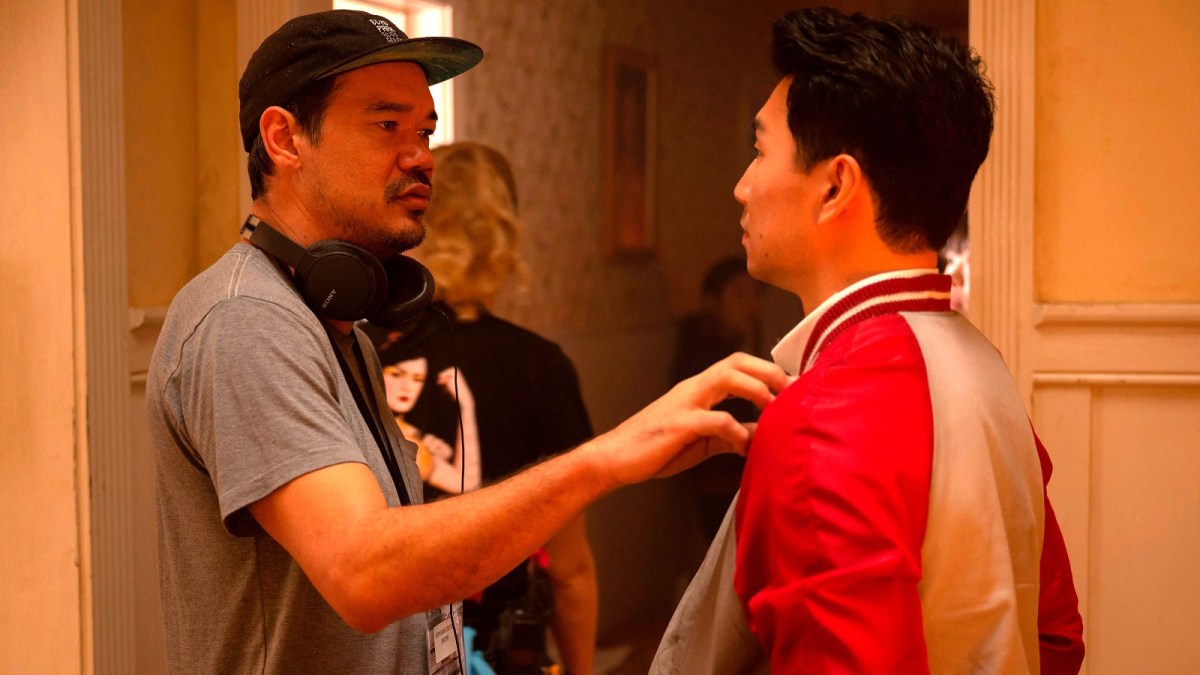
Back in 2011, I was impressed by Margin Call, a sharply written financial drama that featured a talented ensemble cast including Kevin Spacey and Zachary Quinto. Its writer-director, J.C. Chandor, was a fresh face to Hollywood, but his raw talent was undeniable. Now, Chandor is back for his sophomore writer-director effort with a film that’s almost Margin Call‘s polar opposite. All Is Lost, a mesmerizing tale of one man battling against the merciless ocean, features almost no dialogue, one cast member (the indomitable Robert Redford) and an ambiguity that’s crucial to its overall impact.
As All Is Lost opens, we hear a voiceover from Redford’s character, credited only as “Our Man.” Redford is apologizing for unspecified mistakes and conceding that he has failed in some way or another. It’s the film’s most extensive use of dialogue. When that voiceover fades away, the camera enters a sailboat, and we finally see Redford’s weary features.
A film that utilizes extremely small amounts of dialogue, All Is Lost is shaped entirely by the performance of its star. Luckily, Redford, an icon of the silver screen if there ever was one, doesn’t disappoint. His work in All Is Lost ranks among the strongest of his career. Redford utilizes very crease, every weary shoulder shrug, every agonized glance to craft a character filled with palpable willpower and incredible resilience. That we know next to nothing about his background is besides the point. Redford’s protagonist is a man battling the elements, and that’s really all we need to know. The actor brings him to life with such aching dramatic pathos and silent fortitude that his every movement transfixes, and the lack of dialogue is barely noticeable.
The character is clearly a lifelong sailor, demonstrating great ingenuity and expertise whenever he’s faced with crises on board his small craft, the Virginia Jean. A freak encounter with a shipping container doesn’t discourage him, nor does a furiously gathering storm in the background. He knows what he’s doing, and nothing is more important than each task at hand. It’s through his actions repairing the Virginia Jean that we get to know Redford’s character, even if just a little. He’s a resourceful type with a mind honed for survival. Every obstacle is just that, an obstacle, something that must be resolved so that he can continue on his path.
All Is Lost pits this man against seemingly insurmountable odds. Whenever he stands, a wave appears to knock him down. When he thinks he’s found a moment to rest, the storm rages and batters him anew. When he sees a way out, fate is there to snatch it out of his reach. Still, Our Man doesn’t give up. Like Redford himself, he’s a man who’s been faced with countless challenges throughout his life and overcome them all in time. Redford keeps the audience at arm’s length, his inscrutable features masking the character’s internal struggles, but the brilliance of his performance is the way in which he slowly lets us in. With complete physical control, Redford guides the viewers’ eyes, allowing them to see his character’s slow descent into hopelessness without ever sacrificing the machismo for which he’s notorious.
Chandor aids Redford by crafting a perfect storm around the boat, emphasizing its fury with dizzying panoramic shots far more terrifying than anything in The Perfect Storm, to name one other terrific film about the vast dangers of the sea. Every angle is deliberate and works to keep the spotlight on Redford, even when he’s half-drowned by waves or baked by the relentless sun. The director clearly knew what he wanted from All Is Lost going in, and he directs with such confidence that you’ll feel as if you’re right there by Redford’s side. Chandor just doesn’t miss a beat.
As Redford’s stoic sailor faces obstacle after obstacle, All Is Lost dwells in deep, contemplative silences. It’s no accident that Redford was 77 when he shot this movie; All Is Lost is very much a film about a man coming to terms with his own mortality. All the quick thinking in the world can’t stop what Redford’s character knows is waiting for him as soon as he pauses in his efforts. In spite of this truth, the film never depresses. Conversely, the character’s endurance is veritably inspiring, and even the deliberately ambiguous final frames seem to hum with exhilaration at Our Man’s drive to survive.
All Is Lost is a triumph of moviemaking, one that knows enough to keep the drama squarely upon Redford’s capable shoulders. Despite the film’s meditative, occasionally abstract nature, it’s never less than propulsively compelling. Even at this stage in his career, Redford is still pushing boundaries and experimenting with form, and with All Is Lost, he’s created a thriller as beautiful and profound as it is captivating.

Lionsgate gave All Is Lost a fantastic transfer for Blu-Ray. The 1080p formatting has a strong color palette that highlights both the light blues of the tranquil ocean and dark, inky blacks present in the storm clouds. All of the visuals look absolutely stellar, from the vertiginous storm sequences to relatively calm pan shots over the boat. The picture quality also allows for strong detail, particularly when it comes to Redford. The actor’s weathered visage fits well with the rugged sailor he plays in All Is Lost, and the Blu-Ray captures every crease, scar, blemish and bead of sweat upon his face. Clarity is constant throughout, with even the most intense sequences retaining a strong sharpness of image.
The disc’s 5.1 DTS-HD Master Audio Track is terrifically implemented. All Is Lost is a film that depends hugely on its sound and, luckily, the audio track is truly phenomenal. The soft sounds of waves lapping at the sides of the Virginia Jean, the whistle of the wind through the sails, the creak of weary floorboards, all of these sound effects and many more are expertly mixed to make for a transportive auditory experience. It doesn’t surprise me that the film is up for an Oscar for Best Sound Editing – whoever worked on the track for All Is Lost did a brilliant job creating a mix of sounds that simultaneously communicates depth and scale.
The Blu-Ray for All Is Lost comes with a sizable selection of special features, including:
- Filmmaker Commentary
- “Preparing For The Storm” Featurette
- “Big Film, Small Film” Featurette
- 3 Vignettes: “The Story,” “The Filmmaker: J.C. Chandor,” and “The Actor: Robert Redford”
- “The Sound of All Is Lost” Featurette
For the feature-length commentary track, Chandor is joined by producers Neal Dodson and Anna Gerb. The trio have a lot of insightful points about how they achieved certain angles and thematic qualities for All Is Lost, and though Chandor dominates the discussion, there’s a laid-back feel to their commentary that makes it very fun to listen to. The enthusiasm of all three individuals is obvious.
The “Preparing For the Storm” featurette is the best-structured of the extras, featuring segments that focus on storyboarding, visual effects and pre-production. Seeing the extensive storyboards that Chandor drew up before delving into All Is Lost is extremely interesting, and it’s particularly cool to see that so much of the director’s original vision for the film is exactly what ended up on screen.
In the “Big Film, Small Film” segment, various cast and crew members pitch in to discuss the making of All Is Lost. Despite the film’s small budget, Chandor was able to round up an extremely talented crew and oversee the creation of multiple complex set-pieces. Though the featurette is quite short, it does offer some intriguing glimpses of where green screens were placed and how the filmmakers approached the more dangerous stunts in the film (Redford really goes through the wringer in All Is Lost, and the segment touches upon the challenges of having an older actor do lots of risky work himself).
Even for casual viewers, the three vignettes are worth checking out. None of them are longer than five minutes, and they all feature insightful interviews with cast and crew members that help watchers to develop a picture of what it was like working with Chandor and Redford. Of course, no one has anything negative to say about either man (though it’s implied that Chandor runs a very tight ship, if you’ll pardon the expression).
My favorite special feature would have to be “The Sound of All Is Lost.” The sheer amount of work that went into layering audio tracks for this film is mind-boggling, and the enthusiasm of the individuals involved is certainly contagious. The featurette includes scenes of various audio tracks being compiled over one another to create the full sound of the film, and something about that process is extremely exciting to watch. It’s a lengthy special feature but one that’s well-worth the time commitment. After watching the skill and ingenuity of the people involved with sound mixing on All Is Lost, I’ll certainly be crossing my fingers for them on Oscar night.
Lionsgate gave All Is Lost a robust home release, and there’s nothing in the visual or audio quality that should stand in the way of you picking up a copy. The disc comes with an unusually diverse array of special features, all of which are interesting to watch, so fans of the film should consider purchasing the Blu-Ray for that reason as well.
Robert Redford’s towering performance in All Is Lost is a landmark achievement. He holds the screen with such power and poise that even casual fans of the actor will be floored by his work. As a whole, the film is gripping, innovative and thoughtful. Both for Redford’s performance and its breathtaking look, sound and feel, All Is Lost stands among the best movies of 2013.










Published: Feb 8, 2014 01:17 am